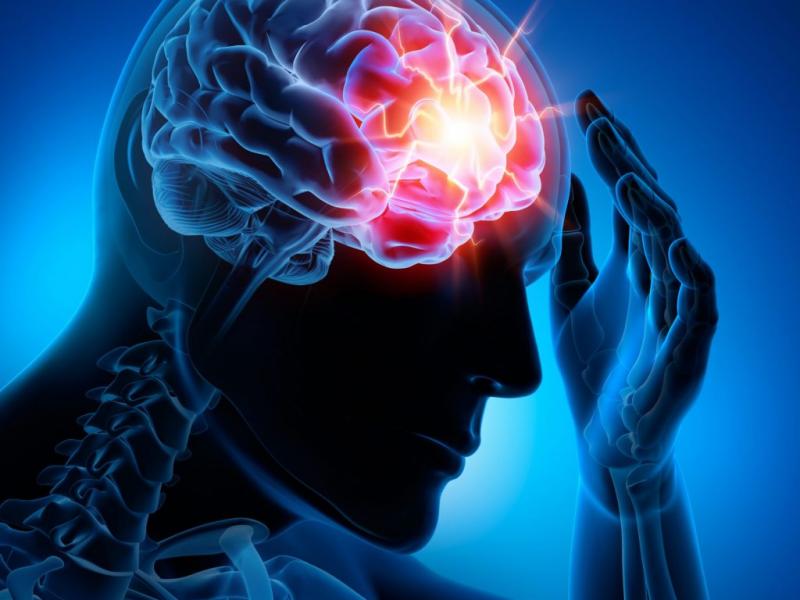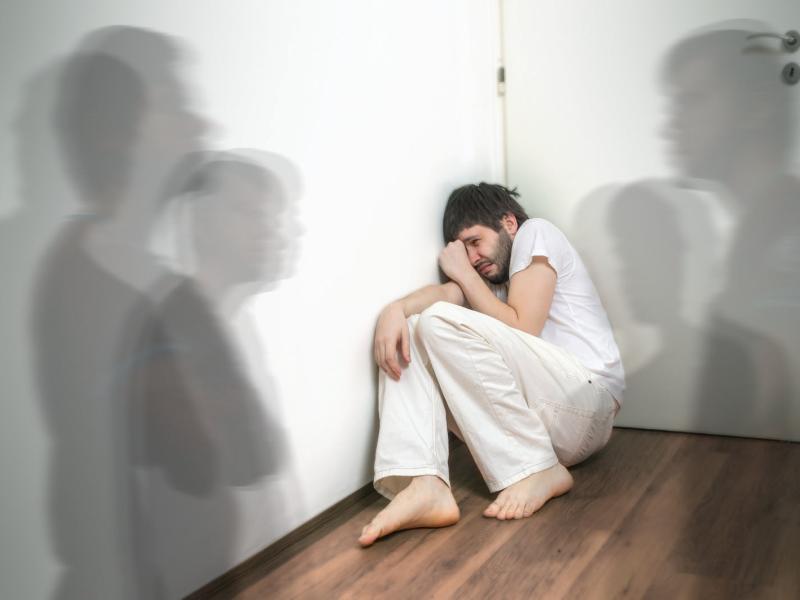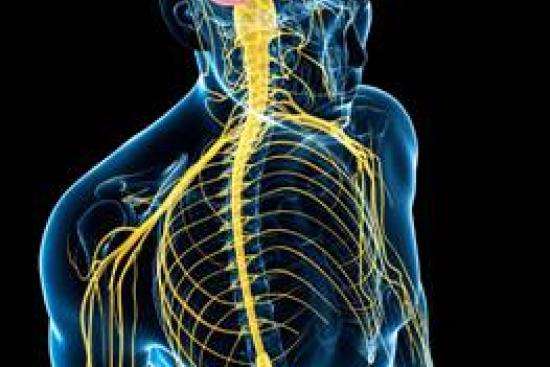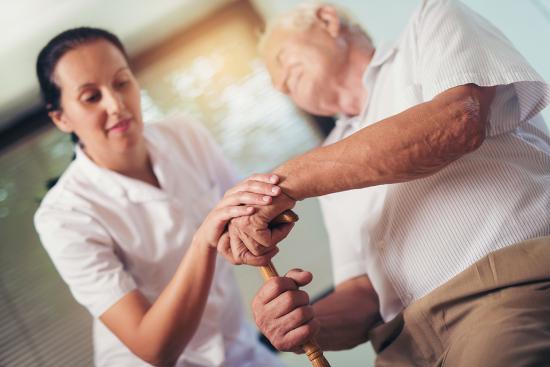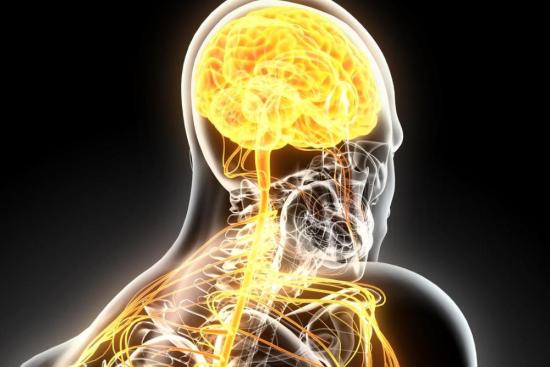What is a head injury?
A head injury is a shock that occurs when the head is involved in an accident or assault. It can lead to several disorders at different levels of severity. Head trauma can be further classified from mild (TBI) to severe, requiring either hospitalization or resuscitation in advanced cases. Thus, the symptoms differ depending on the type of trauma, where the most common primary signs may be head pain or dizziness. Nevertheless, it should be noted that many symptoms can be delayed to appear later. They may take weeks or even months to manifest after the trauma.
Delayed traumatic brain injury (TBI) symptoms
In addition to the early symptoms of head trauma, such as diffuse serous meningitis (following hemorrhages and subdural hematoma), it is important to note the possibility of late symptoms. These symptoms depend on the type of concussion being considered: mild, moderate, or severe. The main ones are classified as follows:
Impaired concentration and memory
People who have suffered a head injury are likely to have problems with long-term memory and concentration. Most people may have trouble remembering others or events. Others may not be able to focus on things for a long time.
Trauma induced fatigue
As a result of a deep shock wave between the brain and the skull, a person may experience fatigue. This can affect the pace of life and the ability to work or participate in various activities.
Irregular sleepiness patterns
This phenomenon can occur over the long term, even after an ideal amount of sleep, as a result of circadian rhythm disturbances that lead to irregular sleep-wake patterns.
Delayed injury
The injuries that occur during a concussion can be infectious, such as post-traumatic meningitis. This pathology due to the aggravation of the neurological state corresponds to an infection of the fluid circulating between the meninges. It can also appear as an abscess in the brain or as a late hematoma.
Visual problems
Ophthalmological problems tend to appear even after years of traumatic brain injury. A decrease in vision and a transient amaurosis (sudden and deep decrease in vision) will be marked. The injured person may also suffer from sudden blindness, a deviation of the midline (shift in the perception of objects), or difficulties in the coordination between the eyes. Following a subdural hematoma, ocular paralysis is highly probable.
Mood disorders
These are post-traumatic psychological disorders such as stress disorder or mood changes such as anxiety, aggression, and depression in a more advanced stage. These mood disorders are caused by damage to the brain.
Chronic concussion headaches
Headaches after a concussion can become chronic as a result of the accident or shock. They can range from mild to severe and are accompanied by vomiting and nausea.
Other symptoms
Other common signs that can be marked in traumatized people are :
- Vomiting
- Dizziness and headaches
- Sleep disturbances
- Nausea
- Disturbances of consciousness
- Convulsion (violent contraction of the muscles, as in epilepsy)
- Sensitivity to light and noise
Concussion Treatment
Treatment of a traumatic brain injury depends on the severity of the injury and may include either medical management (by medication or monitoring) or surgery (neurology specialty).
Case of mild head trauma
Medical surveillance (for at least 48 hours after the shock) is necessary to prevent complications such as the appearance of hematomas. Taking analgesic and antiemetic drugs can relieve late symptoms such as dizziness and frequent vomiting. Similarly, it is strictly forbidden to consume alcohol or to use the screen.
Case of severe head trauma
Neurosurgery is an emergency in case of severe head trauma, specifically in case of brain hemorrhage or loss of consciousness. In this case, the surgeon may require the placement of an external ventricular drain (EVD) with the likelihood of moving to resuscitation if necessary. It is recommended to take the patient with irreversible after-effects to rehabilitation centers to help him/her overcome the sensory and cognitive disorders generated by the shock.

